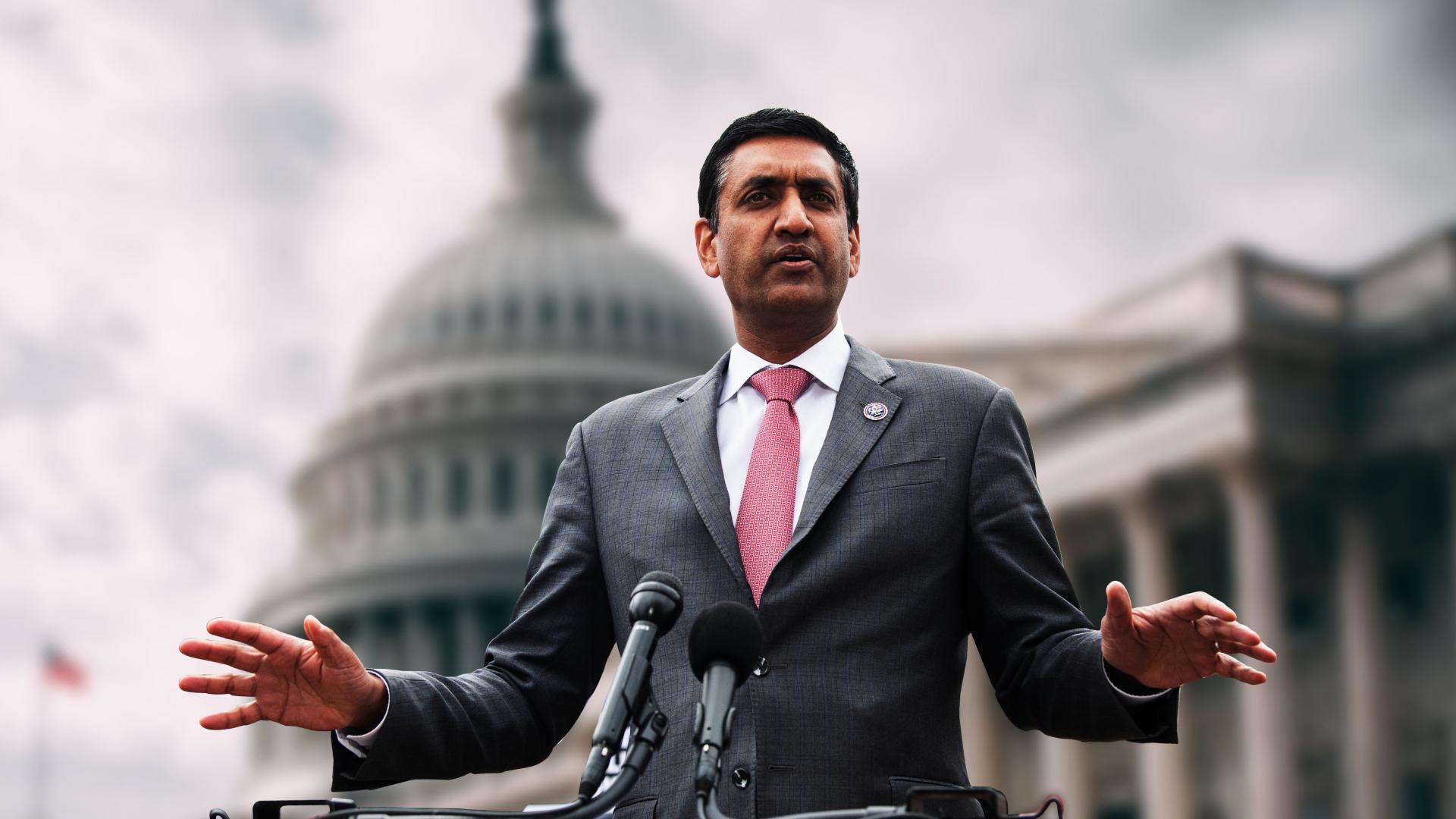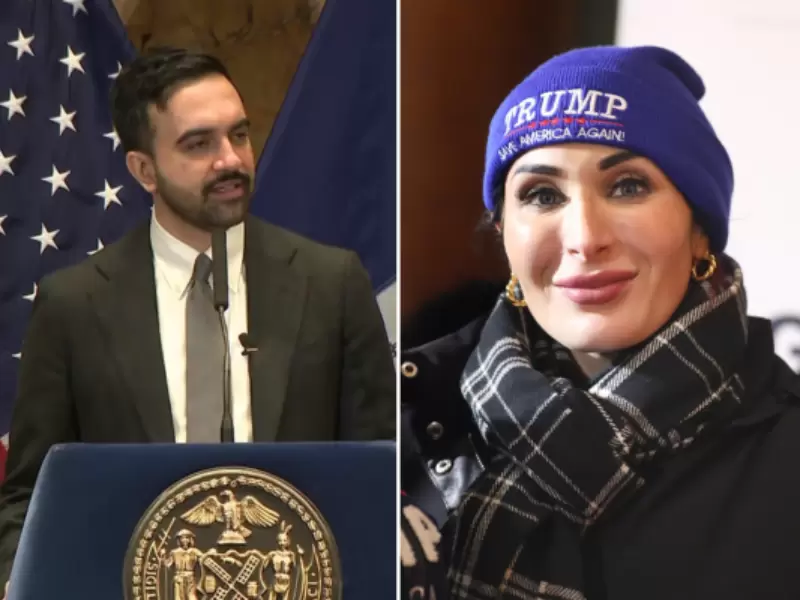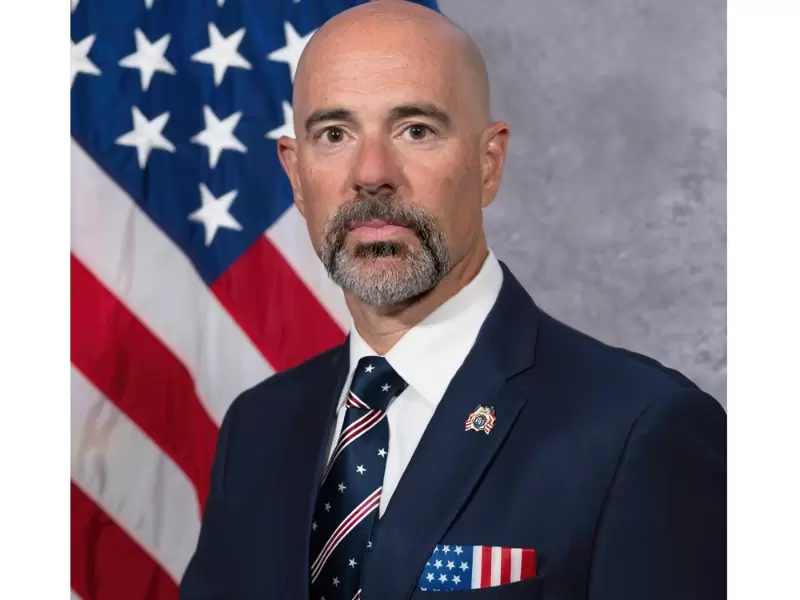Rep. Khanna introduces oversight reforms for ICE and CBP
The resolution seeks to ensure immigration enforcement is consistent with constitutional protections and civil liberties.
 Ro Khanna / File Photo
Ro Khanna / File Photo
Congressman Ro Khanna (D-CA) introduced the ICE Oversight and Reform Resolution, a six-point measure calling for greater transparency and accountability in the operations of U.S. Immigration and Customs Enforcement (ICE) and U.S. Customs and Border Protection (CBP).
The resolution seeks to ensure immigration enforcement is consistent with constitutional protections and civil liberties. It comes after several incidents where ICE and CBP agents allegedly conducted raids in unmarked vehicles, concealed their identities, and denied members of Congress access to detention facilities.
Also Read: Trump begins demolition to prepare for White House ballroom
“These tactics are about avoiding accountability and transparency. We need standards of conduct for ICE agents and to ensure agents cannot trample on civil and human rights. I’m proud to put forth this common-sense defense of American values that we should all support,” Khanna said in a statement.
The measure calls on the Department of Homeland Security to require ICE and CBP personnel to wear body cameras during operations, display visible identification, and undergo de-escalation training. It also proposes the creation of independent civilian oversight boards to review enforcement actions and recommends enhanced Department of Justice oversight to strengthen civil-rights protections.
The proposal, Khanna said, aims to “restore public trust and reaffirm that the rule of law applies equally to federal officers and the people they serve.”
Representative Jasmine Crockett (D-TX), who co-sponsored the resolution along with Eleanor Holmes Norton (D-DC) and Jonathan Jackson (D-IL), said it “builds upon legislation like my own, the CLEAR ID Act, to further demand ICE officers disclose their identity, wear body cameras, get trained to de-escalate situations — all to ensure safer interactions during immigration enforcement operations.”
Democratic lawmakers have also written to Homeland Security Secretary Kristi Noem demanding explanations over reports of agents wearing masks and operating anonymously during raids. They described these tactics as a “dangerous erosion of public trust.”
While ICE began limited deployment of body-worn cameras earlier this year, the program has been slow to expand nationwide due to funding constraints. Advocates argue that without congressional action, current oversight measures will remain inconsistent across field offices.
ADVERTISEMENT
ADVERTISEMENT
E Paper
Video




 Malvika Choudhary
Malvika Choudhary













Comments
Start the conversation
Become a member of New India Abroad to start commenting.
Sign Up Now
Already have an account? Login